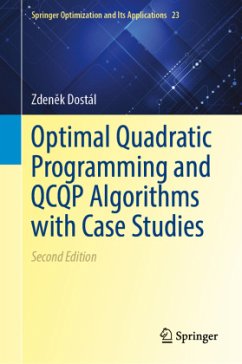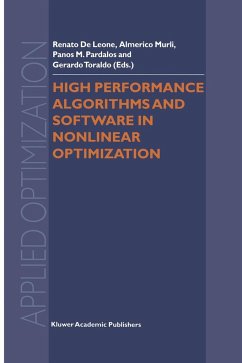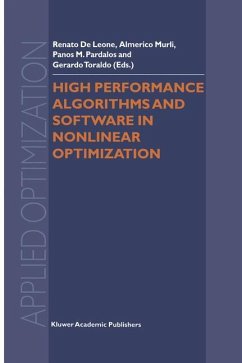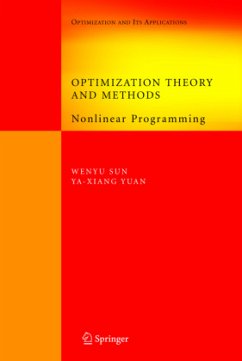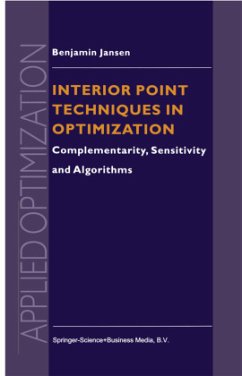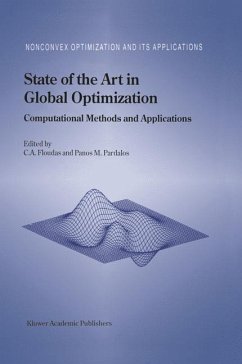
Multilevel Optimization: Algorithms and Applications
Versandkostenfrei!
Versandfertig in 6-10 Tagen
151,99 €
inkl. MwSt.

PAYBACK Punkte
76 °P sammeln!
Researchers working with nonlinear programming often claim "the word is non linear" indicating that real applications require nonlinear modeling. The same is true for other areas such as multi-objective programming (there are always several goals in a real application), stochastic programming (all data is uncer tain and therefore stochastic models should be used), and so forth. In this spirit we claim: The word is multilevel. In many decision processes there is a hierarchy of decision makers, and decisions are made at different levels in this hierarchy. One way to handle such hierar chies is t...
Researchers working with nonlinear programming often claim "the word is non linear" indicating that real applications require nonlinear modeling. The same is true for other areas such as multi-objective programming (there are always several goals in a real application), stochastic programming (all data is uncer tain and therefore stochastic models should be used), and so forth. In this spirit we claim: The word is multilevel. In many decision processes there is a hierarchy of decision makers, and decisions are made at different levels in this hierarchy. One way to handle such hierar chies is to focus on one level and include other levels' behaviors as assumptions. Multilevel programming is the research area that focuses on the whole hierar chy structure. In terms of modeling, the constraint domain associated with a multilevel programming problem is implicitly determined by a series of opti mization problems which must be solved in a predetermined sequence. If only two levels are considered, we have one leader (associated with the upper level) and one follower (associated with the lower level).








